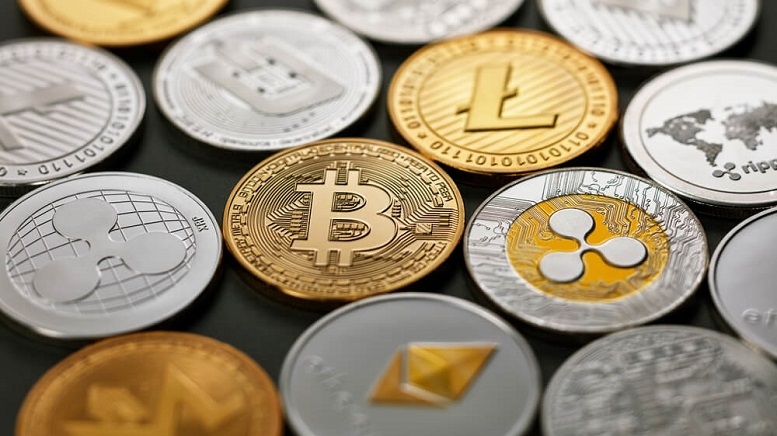Bitcoin, the pioneering cryptocurrency, has become a staple in the digital economy. Initially introduced in 2009 by the enigmatic figure Satoshi Nakamoto, Bitcoin was envisioned as a decentralized form of currency free from the control of centralized banks and institutions. Over the years, it has evolved from being a niche interest to a mainstream financial instrument, capturing the attention of investors, technologists, and policymakers worldwide.
One lesser-known fact about Bitcoin is its limited supply. Unlike fiat currencies, Bitcoin has a capped supply of 21 million coins, a feature hardcoded into its protocol. This scarcity is often compared to precious metals like gold, which are also finite. The limit on Bitcoin supply is intended to prevent inflation, a common issue with traditional currencies that can be printed at will by central banks.
As of now, approximately 19 million Bitcoins have been mined, with the remaining 2 million expected to be mined by 2140. This gradual release of Bitcoin, known as mining, is a complex process that involves solving cryptographic puzzles to validate transactions on the blockchain. The difficulty of these puzzles adjusts approximately every two weeks to ensure that new blocks are added to the blockchain roughly every 10 minutes.
Interestingly, every four years, an event known as the ‘halving’ occurs, where the reward for mining Bitcoin is cut in half. This mechanism further ensures the scarcity of Bitcoin, as fewer coins are introduced into circulation over time. The most recent halving took place in May 2020, reducing the block reward from 12.5 to 6.25 Bitcoins.
Bitcoin’s decentralized nature is both its greatest strength and a significant challenge. Without a central authority, the network relies on a consensus mechanism to validate transactions, making it resistant to censorship and fraud. However, this decentralization also means that Bitcoin’s price is subject to market dynamics, which can lead to significant volatility.
Despite its volatility, Bitcoin has gained traction as a ‘store of value,’ often referred to as ‘digital gold.’ This perception is bolstered by the involvement of institutional investors, who view Bitcoin as a hedge against inflation and economic uncertainty. Companies like Tesla (NASDAQ:TSLA) have made headlines for acquiring substantial amounts of Bitcoin, further legitimizing its role in the financial ecosystem.
However, Bitcoin’s journey is not without controversy. Critics point to its energy consumption, which rivals that of some small countries, as a significant environmental concern. The network’s reliance on energy-intensive proof-of-work mining raises questions about its sustainability in an era of increasing focus on climate change and green technology.
Despite these challenges, Bitcoin continues to be a focal point for innovation and debate in the financial world. Its impact on the global economy is undeniable, as more individuals and institutions explore its potential to reshape the way we perceive and use money.
Footnotes:
- Tesla’s investment in Bitcoin highlights its growing acceptance among institutional investors. Source.
Featured Image: depositphotos @ artjazz



